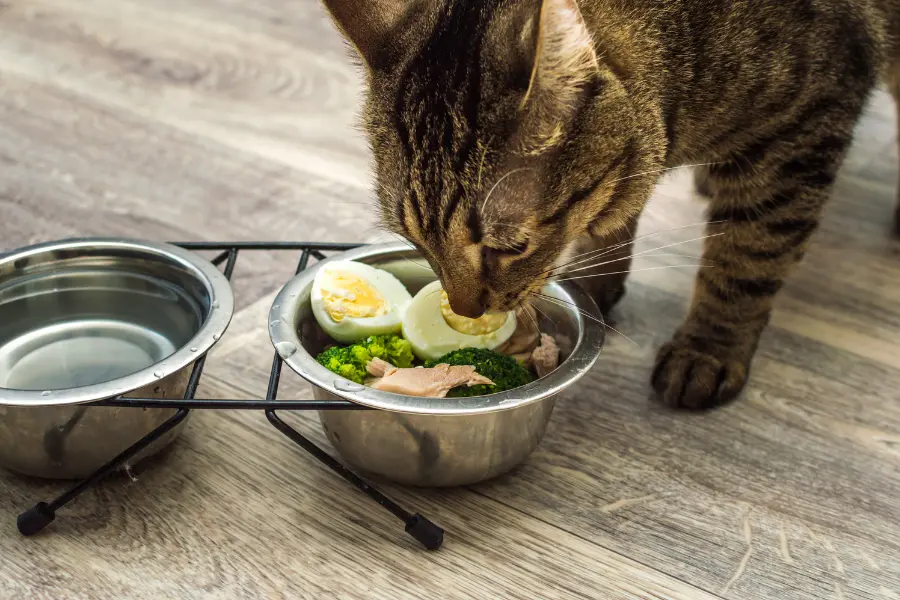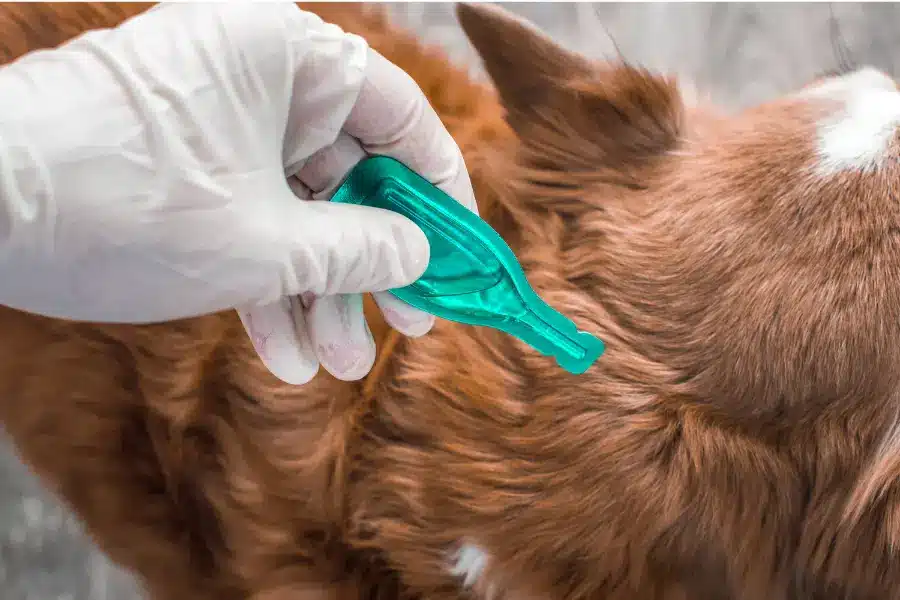As responsible cat owners, we constantly strive to ensure our pets enjoy a balanced and healthy diet. Often, we seek out ways to supplement their nutrition. An intriguing item for some is chicken broth. Known for its benefits in human nutrition, it’s no surprise that cat owners are considering the potential of chicken broth for cats.
Why Consider Chicken Broth in Cat Food?
Cat food broth isn’t a new concept. Most wet cat foods have a certain amount of broth included to enhance taste and hydration. When we talk about chicken broth for felines, we refer to the additional homemade or store-bought broth given as a supplement, not replacing their regular diet.
Firstly, chicken broth can boost hydration in your cat. While cats instinctively get a large proportion of their water intake from their food, some may need additional sources. Chicken broth can be an excellent hydration solution, especially during warmer months or for felines prone to urinary issues.
Flavor enhancement is another advantage of adding chicken broth. Many felines have distinct preferences when it comes to their meals. A dash of chicken broth can make regular meals more appealing, thereby encouraging better eating habits.
Lastly, chicken broth may offer potential health benefits, like supporting joint health. It is believed to contain beneficial nutrients and compounds, such as gelatin and chondroitin, albeit in minimal quantities.
Crafting Homemade Cat Food Broth
Homemade chicken broth for cats can be an excellent addition to their diet, providing it’s tailored to their specific needs. Unlike humans, felines have distinct dietary requirements and limitations that must be taken into consideration when preparing their food.
To create a cat-friendly chicken broth, it’s crucial to avoid certain ingredients that are harmful to felines. Onion and garlic, commonly found in typical chicken broth recipes, are toxic to felines and should be strictly omitted. Keeping the recipe simple and straightforward is the key to ensuring its safety and palatability.
Here’s a step-by-step process to make a safe and delicious chicken broth for your feline friend:
- Gather the Ingredients – You will need chicken parts, including bones and flesh, to create a flavorful base for the broth. Avoid using any seasonings or spices that might be harmful to cats.
- Choose Cat-safe Flavor Enhancers – If you wish to add an extra layer of taste to the broth, consider incorporating a small amount of fish. Ensure the fish is safe for felines and free from any additives or seasonings.
- Slow Cooking – Place the chicken parts and fish (if using) in a pot with water. Simmer the mixture on low heat to extract all the nutrients and flavors from the ingredients.
- Skim Off Fat – As the broth simmers, occasionally skim off any excess fat that rises to the surface. This will help reduce the calorie content and make the broth lighter for your cat.
- Strain the Broth – Once the mixture has cooked down and developed a rich flavor, strain it to remove any solid pieces, leaving behind a clear, appetizing broth.
- Let it Cool – Allow the broth to cool thoroughly before serving it to your felines to avoid any potential injuries from hot liquids.
Following these steps and using cat-safe ingredients, you can create a homemade chicken broth that will not only entice your cat’s taste buds but also provide them with a nourishing treat. Always consult with your veterinarian about your feline’s dietary needs before introducing any new foods into their diet.
Chicken Broth Portion Sizes and Frequency
Once you’ve prepared your chicken broth, the question of quantity and frequency arises. Portion sizes will differ depending on the size and age of your pet. For an average adult feline, starting with a tablespoon of broth mixed in with their food should be sufficient. Kittens might need less, while larger cats may require more.
As for the frequency, it’s advisable to start slowly, especially when introducing chicken broth for kittens. They have delicate digestive systems that need time to adjust. A few times a week could be an ideal starting point. Similarly, for senior felines, slow and steady introduction is crucial to avoid upsetting their stomachs.
Observing Your Cat’s Reaction
When introducing chicken broth to your cat’s diet, close observation is essential. Like humans, cats can have varying food tolerances and preferences. Monitor your pet’s behavior, appetite, and litter box usage.
If your pet shows signs of gastrointestinal upset, like diarrhea or vomiting, it might be best to reduce the amount of broth or eliminate it from their diet. Some felines may just not take to chicken broth, and that’s okay. The key is to always prioritize your cat’s comfort and wellbeing.
Veterinary Guidance is Crucial
Before embarking on any dietary changes for your cat, always consult with your veterinarian. While chicken broth can be a beneficial addition to many felines’ diets, it’s not suitable for all. Cats with specific health conditions might need to avoid certain foods.
If your pet suffers from a health condition, discuss the potential impact of chicken broth with your vet. It’s crucial to remember that while chicken broth for felines can offer benefits, it should never replace prescribed diets or treatments.
Choosing Quality Store-bought Chicken Broth
If making homemade broth isn’t feasible, you might consider a store-bought option. However, not all broths are created equal. When selecting a chicken broth cat food addition, look for options specifically made for pets.
Ingredients matter when choosing a healthy cat food option like chicken broth. Avoid products with onion, garlic, or high levels of sodium. Always check the label to ensure that it meets feline dietary standards. Look for transparency in labeling – a reputable company will clearly list all ingredients without confusing jargon.
At the end of the day, every decision we make for our pets should prioritize their wellbeing and happiness. Adding chicken broth to their diet can provide several benefits, from enhanced hydration to a tastier meal.
However, remember to approach dietary changes with care. Monitor your felines’ reactions, consult your vet, and ensure any store-bought broths meet the highest quality standards. The goal is to enrich our feline friends’ diets, promoting their health and longevity.






